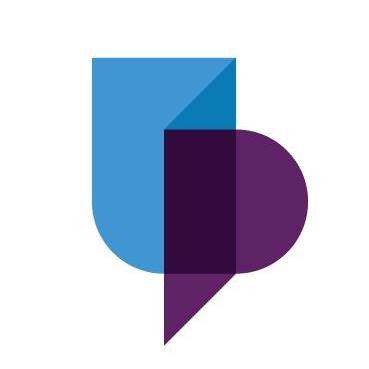Economics is about more than maths. When you study economics you get a set of tools that allows you to understand how the world works. And when you understand how something works, you can change it.

Economics is about more than maths. When you study economics you get a set of tools that allows you to understand how the world works. And when you understand how something works, you can change it.
Using real topical data from organisations such as HSBC, Barclays, the Bank of England and the UK Government's annual budget, you’ll learn how to analyse and interpret numerical data to understand social issues. These are skills that will help you not only as an economist, but in a variety of roles where data analysis drives decision making.
You'll learn all the core economic theory you need to be an economist using real, topical data from organisations such as HSBC, Barclays, the Bank of England and the UK Government's annual budget. You'll also learn a set of skills that you can use in roles beyond finance.
You'll Learn:
After your second or third year you can apply this knowledge on an optional paid placement. Previous students have worked at places like the Office for National Statistics, Amazon, or the Department for Energy and Climate Change.
Course Highlights:
What You'll Study:
We’re proud to be a breath of fresh air in the academic world – a place where everyone gets the support they need to achieve their best.
We’re always discovering. We don’t fit the mould, we break it. Just as the world keeps moving, so do we.
We’re closely involved with our local community and we take our ideas into the global marketplace. We partner with business, industry and government to set the course for a better future. And we educate and transform the lives of our students to help them achieve their potential.
We stand out, not just in the UK but in the world. We excel in research areas from cosmology and astrophysics to cyber security, forensics and sport science.
Since the first day we opened our doors, we've looked towards the future. And we're here to help you shape it.
© 2025 coursetakers.com All Rights Reserved. Terms and Conditions of use | Privacy Policy